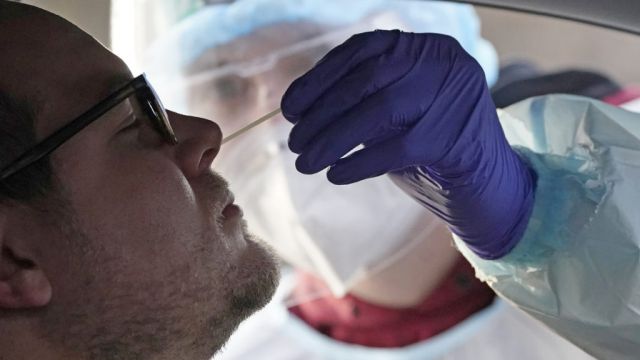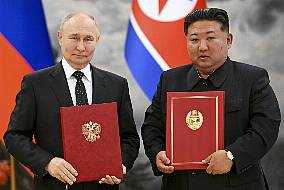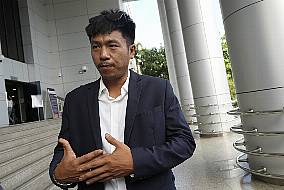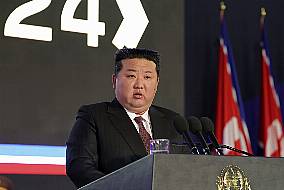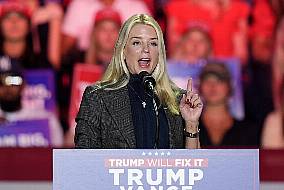The state of South Australia is beginning a six-day lockdown in response to a cluster of 22 coronavirus cases.
From midnight on Wednesday local time, schools, universities, bars and cafes were closed.
Only one person from each household will be allowed to leave home each day, and only for specific reasons.
The restrictions also require most factories to close, elderly care homes to go into lockdown, and weddings and funerals to be put on hold.
Outdoor exercise is banned, and wearing masks is mandatory.
Officials announced the severe move on Wednesday after a cluster of new coronavirus cases grew to 22.
Premier Steven Marshall said he believes the lockdown will act as a “circuit-breaker” and reduce the risk of the outbreak spreading further.
Officials plan a further eight days of restrictions following the lockdown.
Later, authorities in Tokyo announced nearly 500 new cases of the coronavirus, the biggest daily increase in the Japanese capital since the pandemic began, amid a nationwide spike in infections and as the country discusses with Olympic officials how to hold next summer’s games.

The Tokyo metropolitan government reported 493 new cases on Wednesday, surpassing the city’s previous high of 472 recorded on August 1, during the peak of Japan’s earlier wave of infections.
The record number of new cases came as International Olympic Committee President Thomas Bach ended his visit to Japan to discuss with Japanese Olympic officials how to safely host the games, which were postponed until next July due to the pandemic.
Japan has seen a steady climb in new cases nationwide in recent weeks, and experts have urged officials to step up preventive measures.
Japan has confirmed 120,815 cases overall, including 1,913 deaths, according to the health ministry.
South Korea has also recorded its largest daily rise in coronavirus infections in about 80 days as officials prepare to tighten social distancing rules in the greater Seoul area.

Officials on Wednesday reported 313 new virus cases over the previous 24-hour period — the first time the daily caseload exceeded 300 since late August.
South Korea is struggling to contain a spike in new cluster infections since it eased stringent physical distancing rules last month.
Under rules taking effect on Thursday for two weeks, no more than 100 people can attend rallies, festivals and concerts.
People will have to sit at least one seat apart at theatres, concert halls and libraries, while sporting events are limited to 30% of a stadium’s capacity.
